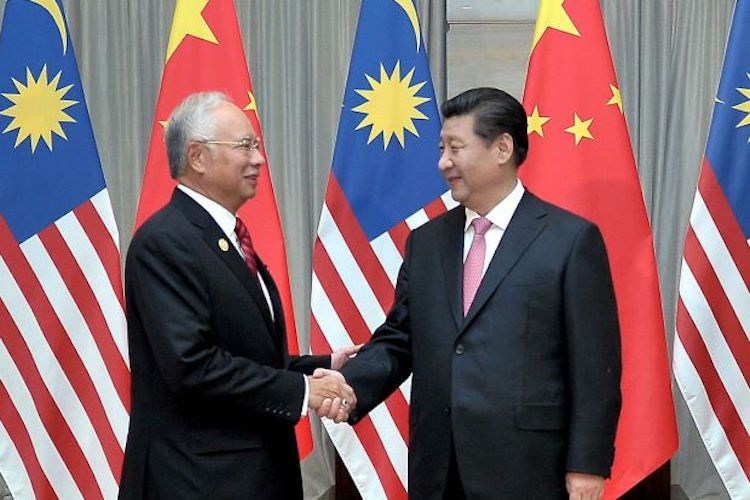Viewpoint by Adam Leong Kok Wey
Dr Adam Leong Kok Wey is an Associate Professor in Strategic Studies and the Deputy Director of Research with the Centre for Defence and International Security Studies at the National Defence University of Malaysia. This article was first carried by EastAsiaForum on 29 July 2018. – The Editor
KUALA LUMPUR (IDN-INPS) – Malaysia’s election on May 9, 2018 saw a dramatic result – the incumbent Barisan Nasional ruling coalition that had ruled Malaysia for 61 years crumbled, and Pakatan Harapan, a coalition of opposition parties, emerged victorious. One of the numerous reasons why the ruling party lost in the elections is that Malaysia’s foreign policy was perceived by a large segment of its people to be too cosy to China.
Malaysia’s foreign policy decision-making has long been the purview of the elite leadership with most final decisions being made by the Prime Minister. As leader of Barisan Nasional, Najib Razak wanted Malaysia’s foreign policy to involve working more closely with China – especially in drawing investment from the country. This resulted in massive Chinese investment in infrastructure and transport projects and large loans by China to Malaysia to co-develop these projects.
For its part, China sees Malaysia’s geographical position as an important link in its Belt and Road Initiative, which is key for China to promote its strategic interests and project its power on a global scale.
One example is the East Coast Rail Line project, which will link Malaysia’s west coast with the east coast at a cost of RM55 billion (US$13.6 billion). In November 2016, Malaysia awarded the contract to build the project to the state-owned China Communications Construction Company with the cost financed by a loan from the same firm. (The project was suspended in July 2018 shortly after Najib’s May election defeat.)
Another example is Iskandar Malaysia, a township development project established in November 2006 in Johor where large chunks of property have been bought by Chinese migrants. This has caused much fear and consternation among locals around the influx of foreigners into the state.
Malaysia’s warm relations with China under Najib had also put Malaysia’s claims and interests in the South China Sea on a backburner. China’s claims in the South China Sea overlap with some maritime areas of Malaysia’s exclusive economic zone and Malaysia’s own territorial claims. Malaysia had been muted on China’s moves in the South China Sea leading to some uneasiness among Malaysians around China’s growing assertiveness in the contested waters, which will have lasting strategic consequences for Malaysia.
These factors created worries among large segments of the Malaysian population – including its ethnic Chinese population – about emerging security and economic risks posed by China. Fears that China will control regional politics as well as Malaysia’s indebtedness to China combined to create strong domestic opposition to the ‘too-warm’ ties with China. An often-cited example of Malaysians’ apprehensions about overdependence on China is Sri Lanka’s failure to service its debt with China, resulting in the 99-year leasing to China of the Hambantota Port.
Malaysians decided that foreign policy decision-making had to change. The massive electoral losses incurred by the Barisan Nasional on May 9 plausibly reflect the rejection of Malaysia’s foreign policy by its people and the need to re-orient Malaysia’s future decision-making processes to account for the views of its domestic population.
Domestic voices matter in Malaysia’s foreign policy decision-making. In a world of mass open communication via the Internet and wide choices of alternative news and information sources, the Malaysian public is exposed to international affairs as well as the strategic logic behind these issues.
The Malaysian election results may signify the end of elite foreign policymaking in Malaysia and augur a new era in which Malaysia’s foreign policy will hopefully be shaped and influenced by domestic views and concerns. [IDN-InDepthNews – 04 August 2018]
Photo: Malaysian Prime Minister Najib Razak meets with Chinese President Xi Jinping (right) in Beijing in May 2017, one year before he lost the election. Credit: The Mole Magazine
IDN is flagship agency of the International Press Syndicate.
facebook.com/IDN.GoingDeeper – twitter.com/InDepthNews

